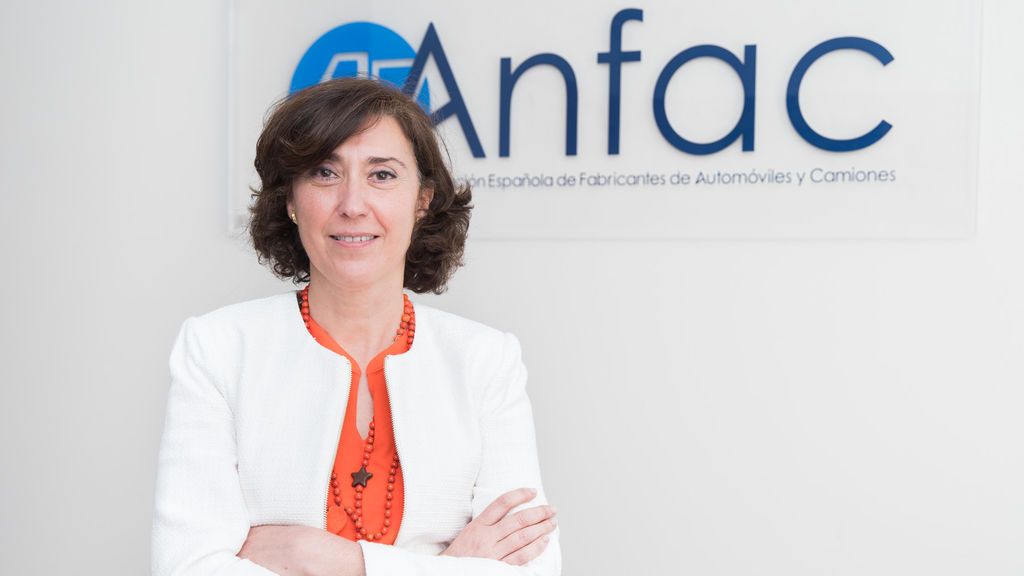During the last months, Elba saw her expenses increase by staying at home with her two children all day; to this he added the temporary loss of 40 percent of his salary for the pandemic, forcing her to stop paying a credit via payroll that he kept in HSBC for an amount still of 25 thousand pesos.
“Honestly, they will no longer be able to charge my card, I changed the bank that payroll because I cannot pay. I tried to request a restructuring, but of those 25 thousand the bank is already charging me 30 thousand with the interests that have accumulated and I cannot pay them now ”.
Elba is a therapist and as an employee of a private institution she had the opportunity to access this loan for four years. The amount he originally requested was 40 thousand pesos and although he had been punctual in paying; the current economic situation forced her to stop contributing the monthly payments of this credit, which is added to another that she has in a department store, therefore, their debts exceed 60 thousand pesos and the interest continues to grow.
To date, eThe bank contacts her through messages from a legal office, where they expect that with 10,200 thousand pesos a new payment agreement can be started. “One day I will have a whole office here waiting for me outside and I will have no money to pay.”
This situation is a constant after the pandemic. Like Elba, the economic crisis derived from health emergency it has affected the pocket of workers who saw their income reduced; as many lost their jobs, so the banks have stopped receiving income from credits via payroll millions of workers, which has pressured the profitability of this consumer portfolio.
The payroll credit It is the loan that is collected in one or more salary payments. This can be monthly, biweekly or weekly, depending on the frequency with which the payment is received by the company. It is a loan that takes as guarantee the payment received for the work and the deposit is made in the payroll account.
The rating agency HR Ratings estimated that the sector of financing discount via payroll to workers and pensioners shows a decrease in its profitability. In the agency’s opinion, the sector shows significant risk in its accounts receivable, which grew 60 percent between the second quarter of 2019 and the second of 2020.
“Accounts receivable are made up of the collection pending transfer from the government entity to the financial entity, payments made in advance to payroll distributors, among others, so that if it continues to grow, the sector may present a risk of important liquidity ”, specified the rating agency.
According to data from the National Baking and Stock CommissionAt the end of the first half of this year, the portfolio of credits via payroll it added 259 thousand 698 million pesos, which meant an annual growth of 1.2 percent; However, for September the amount of the portfolio fell to 257 thousand 704 million pesos.

To the ninth month of this year, BBVA Mexico had the largest portfolio of payroll loans with 95 thousand 956 million pesos, followed by Banorte that added 52 thousand 507 million; Citibanamex, 48 thousand 482 million; Santander, 36 thousand 877, and HSBC it was in fifth place with 18 thousand 685 million pesos of portfolio.
In this sense, the Bank of Mexico (Banxico) indicated that the total portfolio of payroll credits granted by regulated financial institutions as of December 2019 was made up of 5 million loans and a total balance of 259.6 billion pesos.
Cost effectiveness
“The sector of financing discount via payroll to workers and pensioners presents a decrease in its profitability, caused mainly by pressure on the financial margin of one of the largest competitors, due to a fall in its active rate, as well as the cancellation of a reserve for write-offs made by one of the main competitors in the sector. The drop in the lending rate is attributed to the relief programs granted by the entire sector to its borrowers, which limited the real flow of interest, compared to what would be received under normal conditions, ”explained the rating agency.
HR Ratings He added that currently, despite the decrease in the number of formal jobs, the industry has high coverage and healthy levels of solvency, which will allow it to face less economic dynamism and impacts caused by the contingency in the coming months.

The Banxico indicated that approximately 80.6 percent of the loans that made up the comparable loan portfolio granted during 2019 had terms greater than 2 years. The average term was 45 months, while 95 percent of the loans were granted for a term less than or equal to 60 months.
The platform Coru.com, which compares financial services, stated that if the worker stops paying his payroll credit, you will begin to accrue interest that increases the real cost of debt. When the ability to pay is affected, it is impossible to acquire other credits.
Interest rates
The Bank of Mexico indicated that for credits that originated and continued in force in 2019, the interest rate balance-weighted average was 25 percent; the average amount was 72.5 thousand pesos and the average term was 45 months.
Thus, the institutions that gave payroll credit at interest rates lowest weighted average were BBVA, of 20.5 percent; Shallows, from 24.0, and affirm, of 24.3 percent. For their part, those that presented reductions in their average rates weighted with respect to the average of the previous year were affirm, Shallows Y BBVA.
lvm
– .


